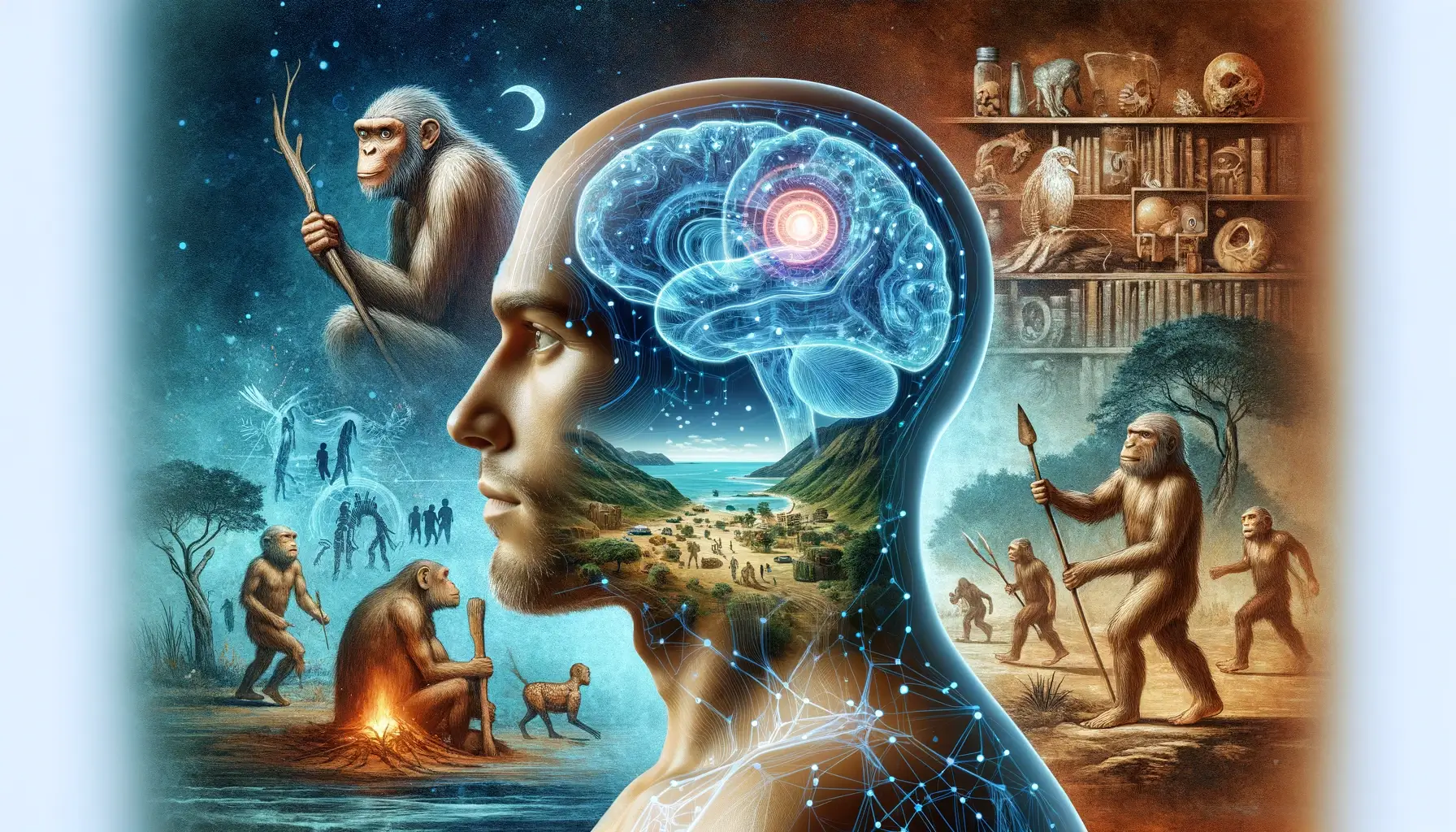If you’re interested in understanding the complexities of human behavior and mental processes, a thorough Overview of Evolutionary Psychology can offer valuable insights. Evolutionary psychology examines how our evolutionary history influences our modern minds and behaviors. Let’s explore this field in detail and uncover how it shapes our understanding of human psychology.
What is Evolutionary Psychology?
Evolutionary psychology is the study of how evolutionary processes, such as natural selection, have shaped the human mind and behavior. By exploring our psychological traits through this evolutionary lens, we aim to understand the reasons behind our thoughts, emotions, and actions.
Key Principles of Evolutionary Psychology
Understanding the Overview of Evolutionary Psychology involves grasping several core principles:
- Adaptation: Evolutionary psychology posits that many of our psychological traits are adaptations to challenges faced by our ancestors. For example, the tendency to form strong social bonds likely evolved because those who built alliances had better survival chances.
- Modularity of the Mind: This principle suggests that the human mind comprises specialized modules that evolved to address specific problems. For instance, our capacity to recognize faces is thought to be a module developed for social interaction and survival.
- Universal Traits: Certain psychological traits are universal among humans due to their evolutionary advantages. Traits like a fear of snakes and spiders, which were crucial for survival, are common across various cultures.
How Evolutionary Psychology Explains Human Behavior
The Evolution of Social Behavior
One fascinating aspect of the Overview of Evolutionary Psychology is its exploration of social behavior. Our evolutionary past significantly influences how we interact with others, providing insights into modern social behaviors and societal norms.
Example: The Need for Social Bonds
Humans have a fundamental need for social connections, a trait rooted in our evolutionary history. Forming strong social groups provided protection, resource-sharing, and increased reproductive success. This need is evident in contemporary behavior through our social networks and relationships.
Research supports this evolutionary perspective. A study in Psychological Science found that individuals with strong social ties experience lower stress levels and better overall health, reflecting our deep-seated need for social interaction.
Evolutionary Explanations for Emotional Responses
Evolutionary psychology also offers explanations for our emotional responses. Emotions such as fear, anger, and happiness have evolved to help us manage environmental challenges effectively.
Example: The Fight-or-Flight Response
The fight-or-flight response is a classic example of how evolutionary psychology explains emotional reactions. This response prepares the body to face or escape danger, a mechanism crucial for our ancestors in threatening situations. Today, this response can still activate during stress, such as public speaking or job interviews.
A study in The Journal of Neuroscience demonstrated that the amygdala, a brain region involved in processing threats, is activated during stress, reinforcing the evolutionary basis of our emotional responses.
Sexual Behavior and Mate Selection
Evolutionary psychology also explores sexual behavior and mate selection. According to evolutionary theory, certain traits are preferred in mates because they signal genetic fitness and reproductive success.
Example: Preferences for Physical Attractiveness
Research has shown that people are drawn to specific physical traits in potential partners, such as facial symmetry and clear skin. These preferences are thought to be indicators of good health and genetic quality. For example, a study published in Nature found that symmetrical faces are generally perceived as more attractive, supporting the idea that our mate preferences have evolutionary roots.
Criticisms and Limitations of Evolutionary Psychology
While the Overview of Evolutionary Psychology provides valuable insights, the field faces criticisms. Some argue that evolutionary psychology can be overly deterministic, attributing complex behaviors to simple evolutionary explanations. Others note that it may lack empirical support or overlook cultural and individual differences.
Addressing Criticisms
Researchers in evolutionary psychology are addressing these criticisms by integrating insights from various disciplines, including anthropology, sociology, and behavioral science. This multidisciplinary approach helps create a more nuanced understanding of human behavior. Additionally, ongoing research continues to test and refine evolutionary theories.
Healthy Habits for Computer Users | Maya (mayathevoice.com)
The Future of Evolutionary Psychology
The field of evolutionary psychology is continuously evolving. Future research may focus on:
- The Role of Genetics: Investigating how genetic variations influence psychological traits and behaviors.
- Cultural Evolution: Examining how cultural factors interact with evolutionary psychology to shape behavior.
- Neuroscientific Advances: Utilizing brain imaging and other technologies to better understand the neural basis of evolutionary psychological theories.
Peppered with Health: Capsicum Health Benefits | Maya (mayathevoice.com)
Final Note:
An Overview of Evolutionary Psychology reveals how our evolutionary history has shaped our psychological traits and behaviors. By examining traits like social bonding, emotional responses, and mate preferences through an evolutionary lens, we gain a deeper understanding of why we act the way we do today.
While evolutionary psychology has its limitations, its contributions to understanding human behavior are profound. As the field continues to advance, it will remain a crucial framework for exploring the connection between our evolutionary past and contemporary psychological experiences.
So, whether you’re intrigued by the evolutionary roots of your social interactions or curious about how ancient survival mechanisms still influence modern life, evolutionary psychology offers a captivating perspective on the human mind.



